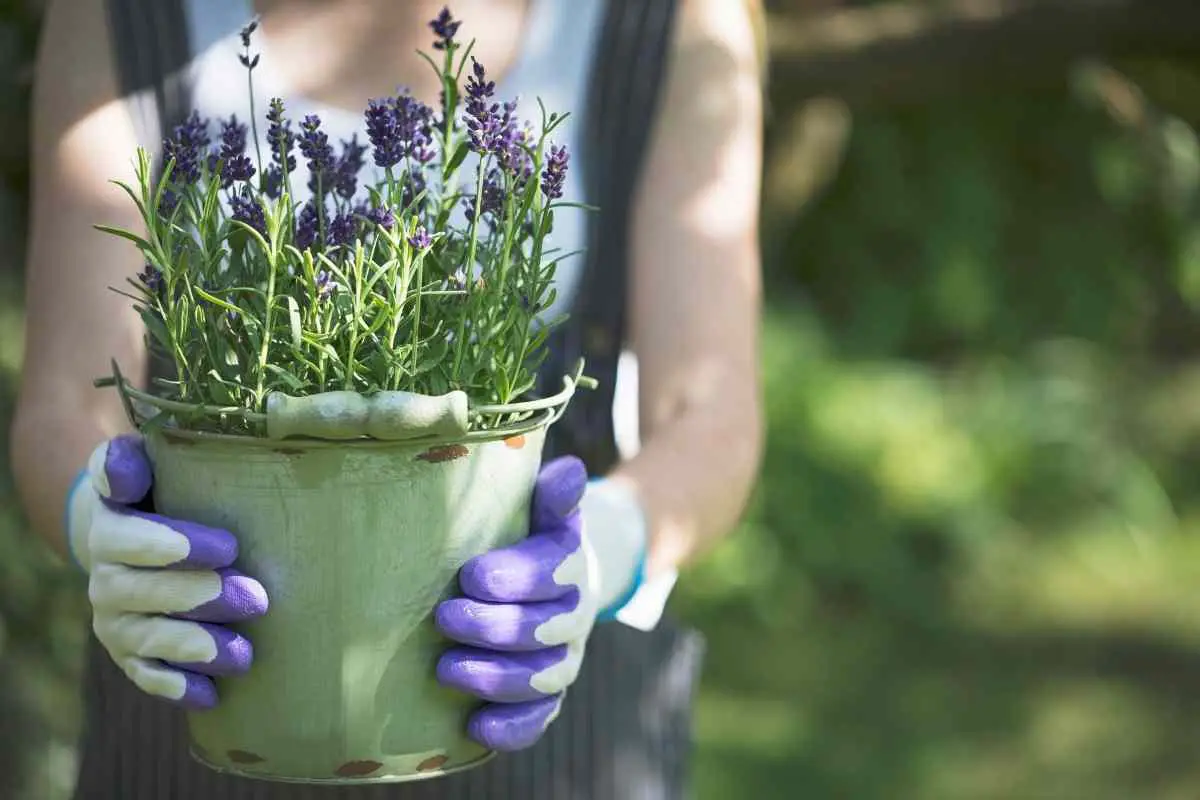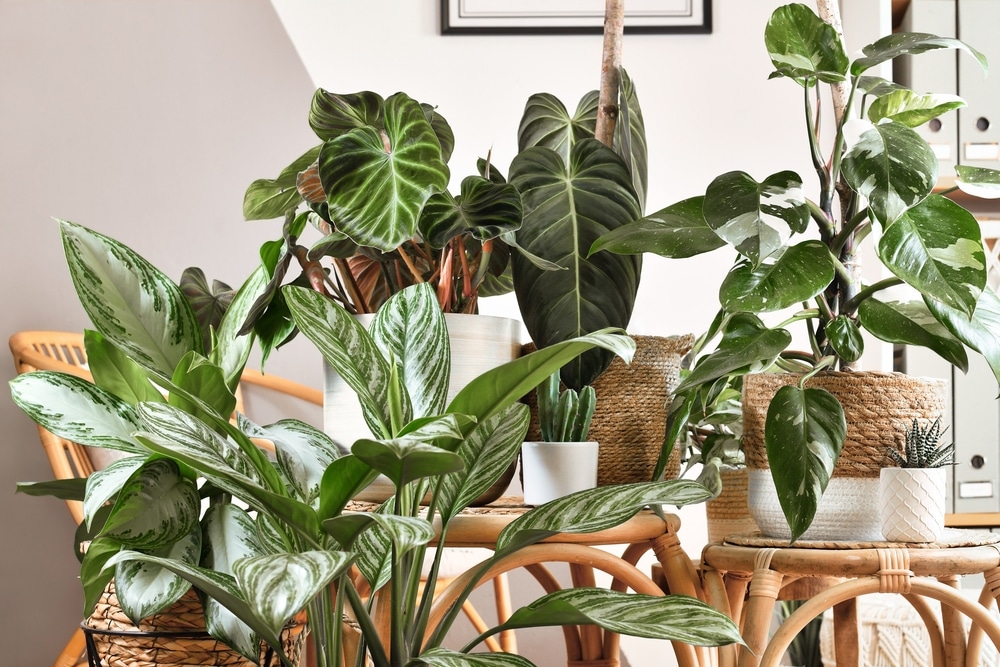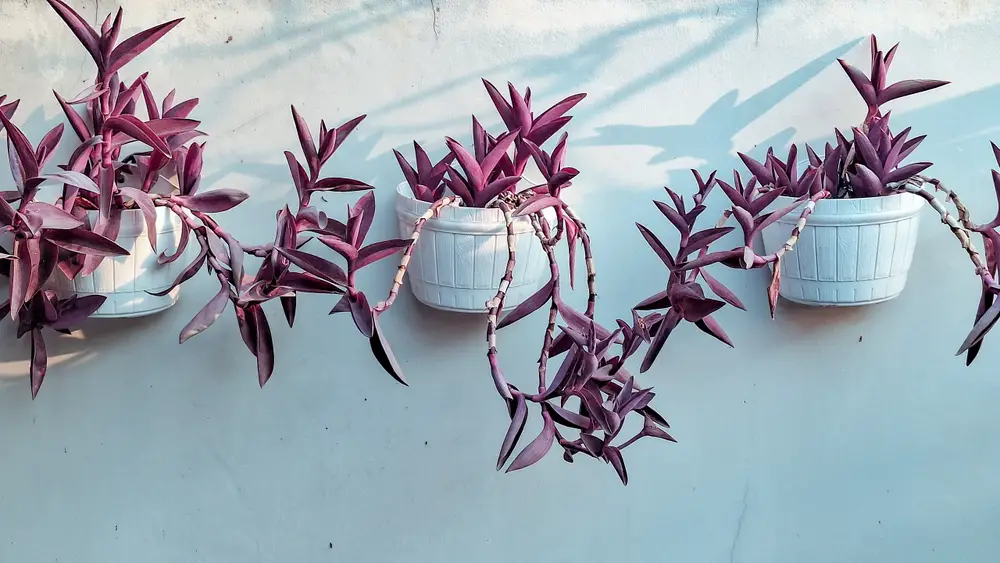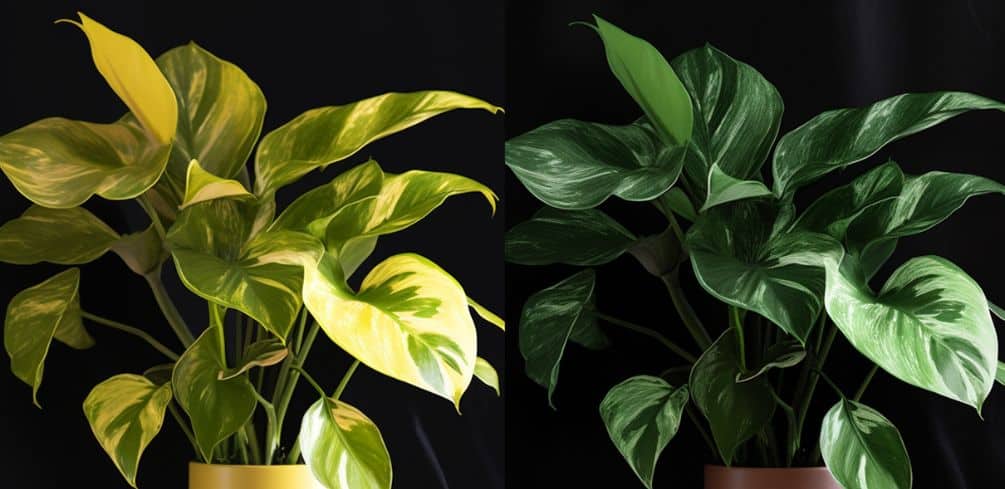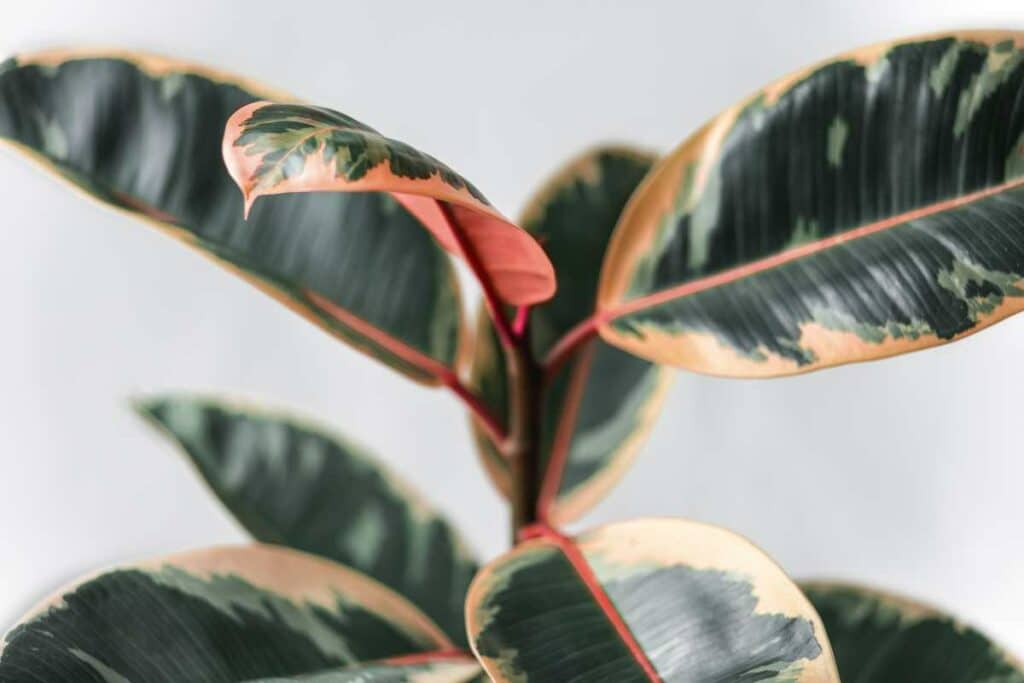Mosquitoes are one of the biggest flying pests in the world!
They fuss around you and when they bite, you certainly know about it. That itching and irritation may be localized to a small area but boy does it drive you crazy!
You could be forgiven for thinking that heading indoors would get you out of the way of those pesky little flies but the truth is, the mosquito will quite easily follow you.

Unless, of course, you arm your home with some of the best plants to repel mosquitoes.
If you aren’t sure which plants to use then never fear!
What to Expect: We have got you covered and have put together a list of 7 of the most effective mosquito repelling indoor plants so you can enjoy your home without the fear of being attacked.
Mosquito Plant (Citronella)
Citronella is often referred to as the mosquito plant because of how effective it is at repelling these annoying little insects.
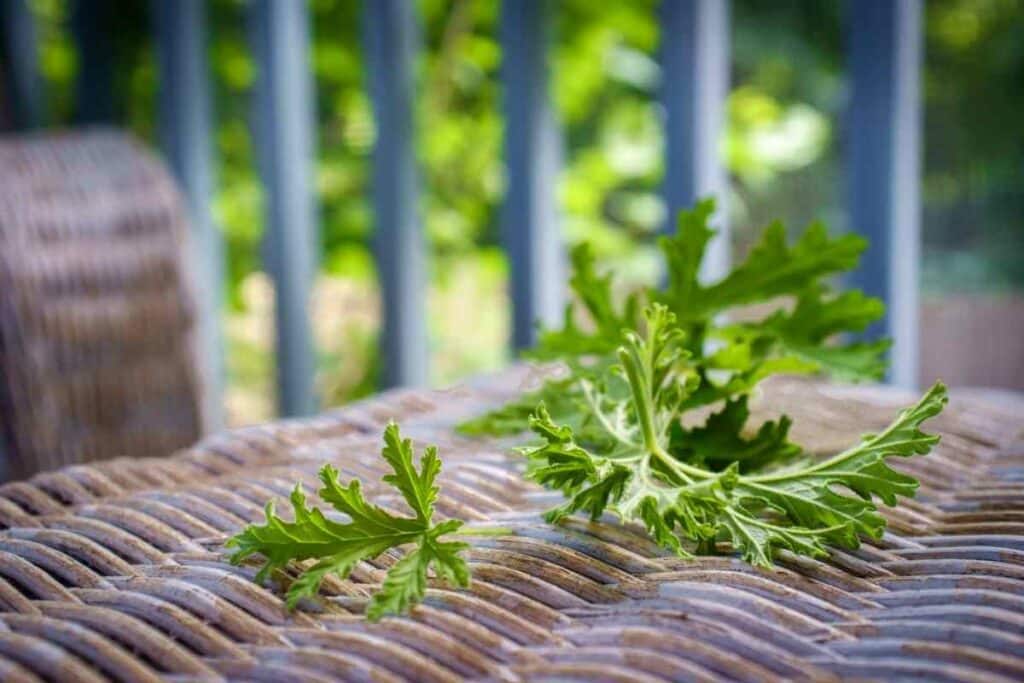
What’s amazing is that this type of plant was actually bred using two other types of mosquito repelling plants:
- the African geranium
- and the Chinese citronella grass
Not only does the mosquito plant have a very potent aroma that these little bugs can’t stand but it can be used in place of your regular insect repellent.
Citronella can be directly applied to your skin, leaving a fragrant layer that mozzies won’t want to go near!
Alternatively, you can make your own insect repellent spray using the leaves of the plant by soaking them in either olive oil or ethanol.
Not only is this a much more natural option so it is kinder to your skin but it’s also a nice little project that allows you to make the most of your plant life.
But it isn’t only the fragrance that bothers these pests.
There is a chemical within the secretions of the plant called 2-hydroxyethyl cymene that mosquitoes just want to steer clear of.
When keeping these plants:
- You will need to find a sunny spot.
- Or at least one that gets partial sun, such as a window sill.
The plant typically doesn’t get much bigger than four feet but do make sure that you provide it with a large enough pot to comfortably grow.
Lavender
You would usually grow lavender outdoors as this plant needs full sun and tends to thrive in warm climates.
However, it is possible to bring a few cuttings into the house if you’re looking to keep mosquitoes and other insects at bay.

Just be sure to find a spot that gets sun for most of the day and that has good airflow.
When well looked after, lavender can grow to be quite a big plant so you’ll need to be ready to prune it, unless you’re happy for it to take up a considerable amount of space in your home.
But the heady, earthy aroma of this beautiful purple flowering plant is sure to ward off pests.
Keep In Mind: While English lavender does have a much more potent scent, French lavender is usually easier to look after, especially when keeping it indoors.
Catnip
Catnip is part of the mint family and so, it goes without saying that it has a strong scent.
This scent is extremely handy when it comes to repelling mosquitoes and you’ll find that this is one of the most effective options.
Much like lavender, catnip can grow to be very large. The best way to keep things in check is to be prepared to split and repot the plant.
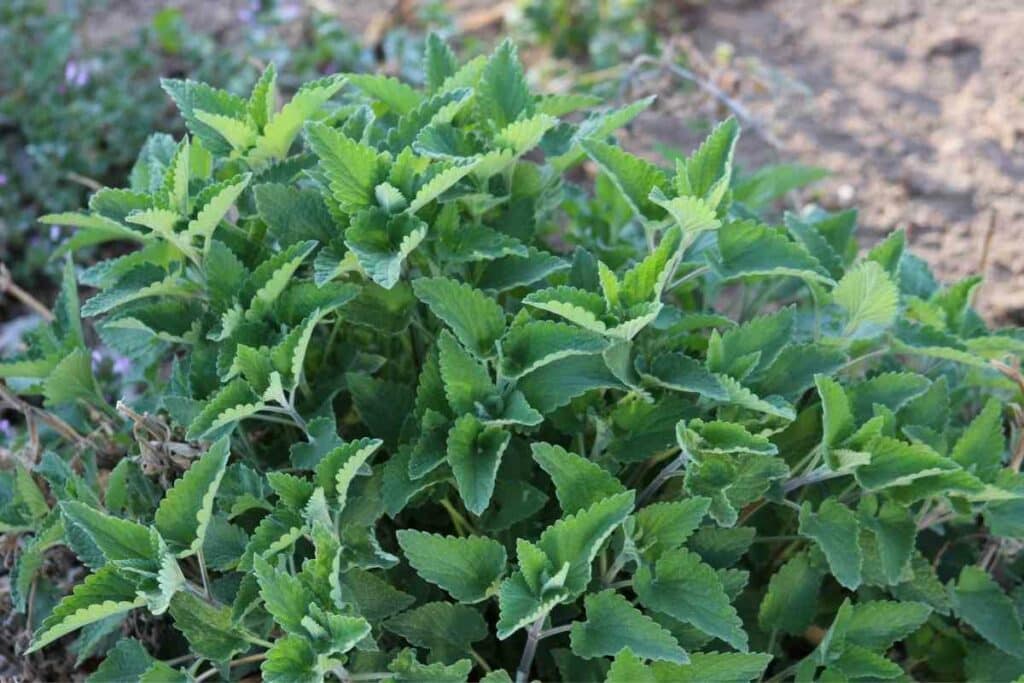
But you will need to keep it on a sunny window sill so make sure that you have a suitable spot. In addition to this, catnip likes a lot of water.
It is the leaves of the catnip plant that makes it so effective in the fight against mosquitoes but you will notice that it flowers quite a lot.
To encourage more leaves to grow, it’s a good idea to pinch off the flowers as they blossom.
Thyme
Thyme has been shown to be incredibly effective when it comes to repelling mosquitoes so if you have a significant problem with these pests then this might be a good option for you.
There have been several studies that have consistently demonstrated how well this plant works as a repellent.

One of the great things about thyme is that it isn’t overly fussy about its environment and owing to the fact that it is a creeper, will do very well in almost all conditions.
Even Better: If you need a hardy plant that will survive indoors, this is well worth considering. Moreover, thyme can be used in cooking and has a delightful, earthy fragrance.
Basil
Another plant that is great for your kitchen and your favorite dishes is basil.
This is a diverse herb that can be used in a variety of different cuisines so if you are a budding Gordon Ramsay, give this a bit of thought.

But much more than that, basil is excellent when it comes to repelling those annoying mosquitoes.
It has a fresh, uplifting scent that smells beautiful to the human nose but not so great to a mozzie.
Much like other types of indoor plant, you will need to make sure that your basil has a nice sunny spot to thrive and that it is regularly watered.
This plant doesn’t like to dry out but it’s essential not to drown the roots.
Rosemary
Again, we find ourselves face to face with a plant that is perfect for anyone who likes to be in the kitchen.
Rosemary is highly fragrant and ideal for a variety of different dishes.
But while we might love it, the pungent aroma is too much for mosquitoes to handle and will repel them very effectively
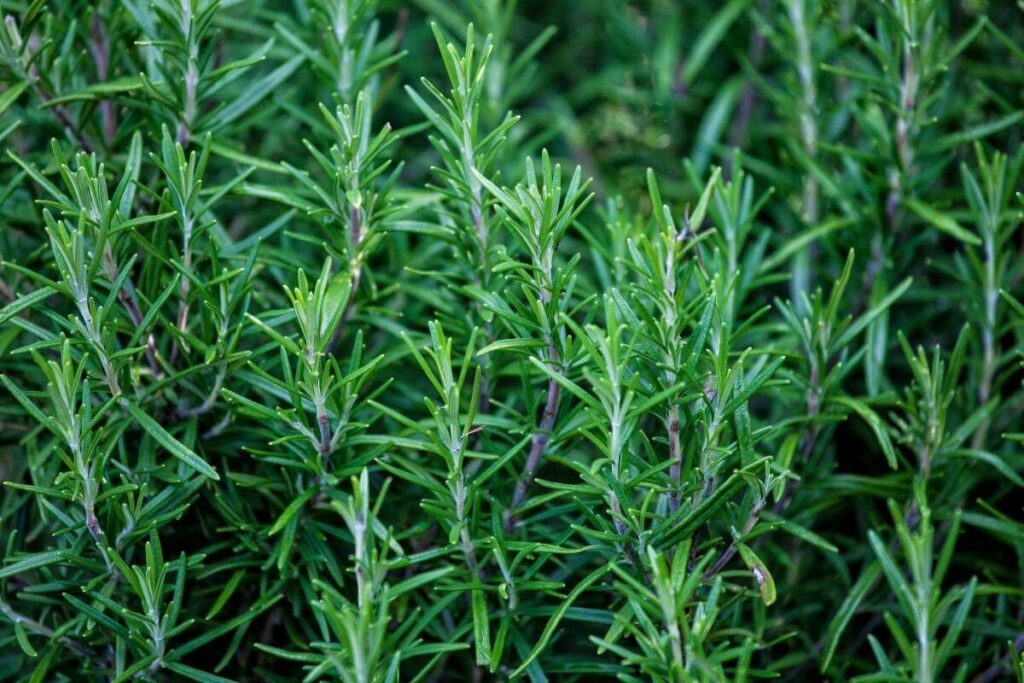
One of the great things about rosemary is that it is incredibly hardy. It’ll do very well in a variety of conditions and doesn’t require too much attention.
This may be a good choice for those who aren’t very green fingered. It doesn’t need regular watering and isn’t bothered about being in a sunny spot.
While the plant will deter mosquitoes and some other pests just by being in your home, there are some ways you can use it to make it even more effective:
- For example, you can rub the leaves directly onto the skin or you might use them to rub on window sills, around doors, and at other entry points to the property.
- Some people will tie several sprigs of rosemary together and burn it; the potent smell will immediately deter mosquitoes.
Mint
Mint comes in several varieties such as spearmint and peppermint.
But both of these are fantastic when it comes to repelling bugs, including mosquitoes.
When you look at the ingredients on insect repellent products, you’ll almost always see mint listed as one of the main ingredients.
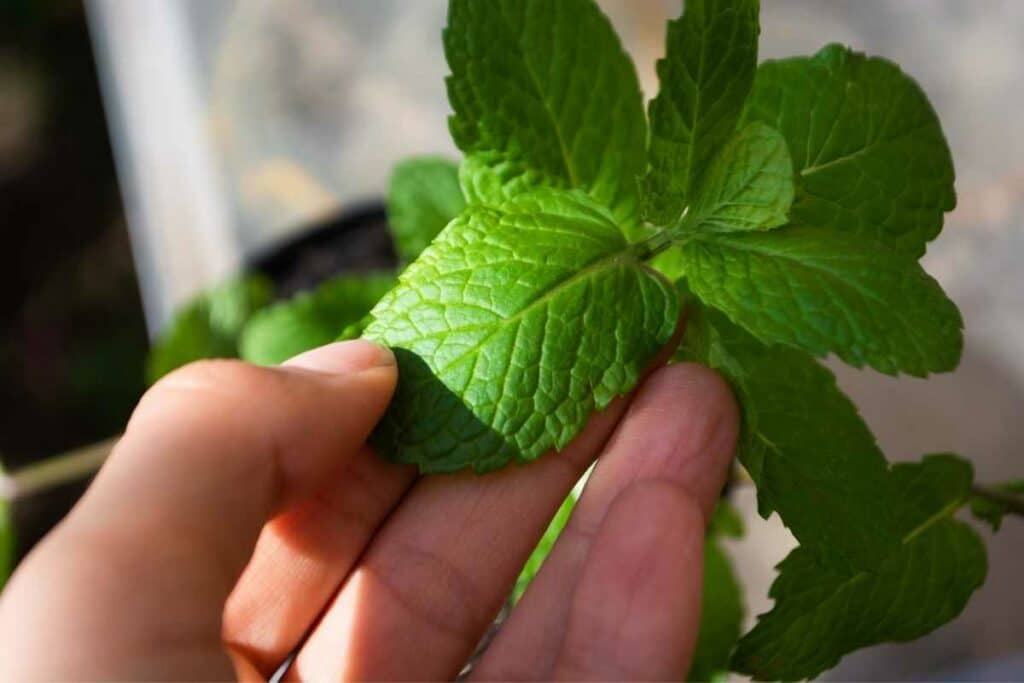
Normally, you would see mint growing outdoors but since this is such a rapidly growing plant, it isn’t difficult to harvest a few cuttings and pot them for use indoors.
You will need to make sure that the plant has plenty of light so placing it near a window is the best idea.
If you don’t have anywhere suitable, then you can simply pop a few sprigs of mint around the home, regularly replacing them to keep bugs at bay.
Just like citronella, you can soak mint leaves in ethanol to make your own bug spray.
Alternatively: You might use it to make soaps and other cosmetics as well as using it in cooking. It’s certainly one of the more diverse plants on this list.
Conclusion
Mosquitoes are a huge pest but you don’t have to put up with them.
There are plenty of plants that can be kept inside the home whose aroma will deter mosquitoes before they’ve even made it through the door!
Read Also
- Philodendron Care, Varieties, And Aesthetic Home Arrangements
- Best House Plants for Low Light – Thriving Indoors with Minimal Sunlight
- 15 Air-Purifying Houseplants That Release The Most Oxygen
- Purple Houseplants: Your Guide to Dramatic Indoor Beauty
- Philodendron Moonlight Vs. Golden Goddess
- How to Revive Your Rubber Plant: 6 Tips to Help Your Rubber Tree Thrive Again
